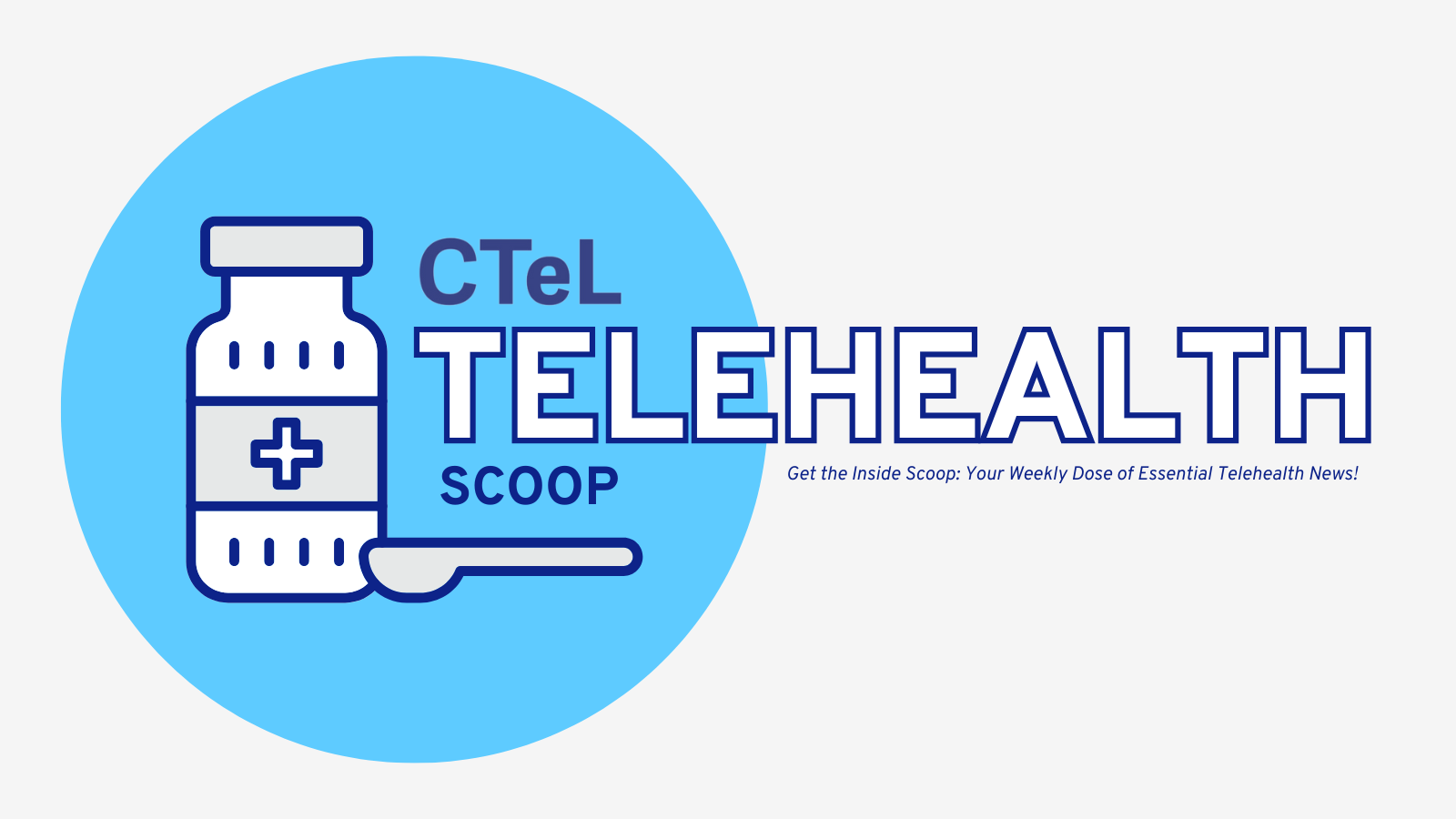Disclaimer: This video is a mock up, fake conversation. But the facts are real.
Applauding the DEA's Extension but Advocating for More Permanent Solutions
The DEA's decision to extend telehealth prescribing waivers for controlled substances through 2025 is a commendable step in ensuring continuity of care for millions of patients. This extension reflects the growing recognition of telehealth's critical role in expanding access to care, especially for individuals in rural and underserved areas. However, as beneficial as this extension is, it does not address the long-term uncertainties facing patients, providers, and healthcare systems.
Why We Need the Telehealth Modernization Act of 2024 (TMA):
Congress has an opportunity to solidify the gains achieved during the pandemic by passing the Telehealth Modernization Act of 2024 (S. 3967/H.R. 7623). This bipartisan bill is designed to make key flexibilities permanent, including:
Eliminating geographic restrictions on telehealth services, ensuring rural and underserved areas can access care.
Allowing audio-only telehealth visits, which are critical for patients without reliable internet.
Extending Medicare waivers for virtual care services, benefiting providers like physical therapists, occupational therapists, and speech-language pathologists.
Maintaining expanded access for federally qualified health centers (FQHCs) and rural health clinics (RHCs), ensuring equitable care delivery nationwide
The bill also proposes a two-year extension of some waivers, but its most transformative elements—like expanding provider eligibility and removing restrictive site requirements—are pivotal for telehealth's long-term sustainability.
The Stakes if Congress Fails to Act:
Without permanent action, critical flexibilities will expire, leaving patients and providers to navigate a patchwork of inconsistent policies. This would disproportionately impact rural communities, older adults, and individuals with disabilities, who have come to rely on telemedicine to access timely care. Furthermore, healthcare systems may face administrative and financial challenges as they adjust to fluctuating regulations.
Call to Action:
CTeL urges Congress to pass the Telehealth Modernization Act before March 31, 2025. Making telehealth flexibilities permanent would preserve the progress made during the pandemic, reduce care disparities, and empower providers to deliver innovative, patient-centered care. As advocates for digital health, we call on policymakers to prioritize this legislation to ensure that telehealth remains a cornerstone of the U.S. healthcare system.
Learn More and Take Action:
For further information on the Telehealth Modernization Act of 2024, visit Senator Tim Scott's announcement or HRS Online's advocacy page. Contact your legislators today and urge them to support this vital legislation. Together, we can build a future where access to care knows no boundaries.
How did we get here?
The telehealth waivers, which expanded access to virtual healthcare during the COVID-19 pandemic, were born out of emergency measures to address the public health crisis. Here’s an overview of how they came into effect and evolved:
Origins of Telehealth Waivers
Legislative and Regulatory Action:
The waivers were enabled as part of the public health emergency (PHE) declared in March 2020. Agencies like the Department of Health and Human Services (HHS) and the Centers for Medicare & Medicaid Services (CMS) introduced temporary flexibilities. These allowed providers to offer telehealth services across state lines and expanded coverage to include a wider range of medical services
HHS permitted telehealth providers to use non-HIPAA-compliant platforms in good faith, significantly lowering technical barriers during the PHE.
Medicare Changes:
Telehealth services for Medicare beneficiaries were expanded under the CARES Act. Restrictions, such as requiring patients to be in specific geographic areas or designated facilities, were lifted, allowing care from the patient’s home.
Mental health and substance use disorder services also saw significant improvements in accessibility through telehealth.
Drug Enforcement Administration (DEA) Waivers:
The DEA allowed telehealth prescribing of controlled substances without an initial in-person evaluation, a groundbreaking move aimed at addressing the opioid epidemic and providing care for those with chronic conditions.
Stakeholder Advocacy:
Telehealth advocacy groups, including healthcare organizations and industry stakeholders, lobbied for these flexibilities, highlighting their importance in increasing healthcare access while maintaining safety.
Impact and Legislative Wins
Successes:
Telehealth visits surged from fewer than 1% of outpatient visits pre-pandemic to over 30% in April 2020, demonstrating its demand and feasibility.
Bipartisan legislative efforts like the Consolidated Appropriations Act of 2023 ensured some provisions, such as telehealth for mental health services, were extended through 2024.
Challenges:
While some waivers were extended through December 31, 2024, others expired with the end of the PHE in May 2023. This piecemeal approach left providers and patients with uncertainty.
What’s Next?
The temporary waivers demonstrated the effectiveness of telehealth in expanding access to care, but permanent solutions are still needed. Key legislation, such as the Telehealth Modernization Act of 2024, is critical to codifying these gains and addressing gaps left by the expiration of temporary measures. Without action, many patients, especially in rural and underserved areas, may lose access to vital telehealth services.
Advocates continue to call for Congress to act before the March 31 deadline to prevent the expiration of provisions that allow telehealth services in non-rural areas and from a patient’s home. A failure to act could mean millions of Americans lose access to the healthcare model they’ve come to rely on.
Subscribe to the Telehealth Scoop!
Get the latest telehealth policy news you need to know, right to your inbox. Stay up-to-date on all the latest CTeL happenings, events, actions, and more!




